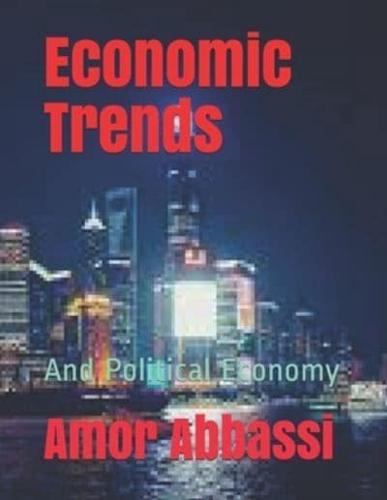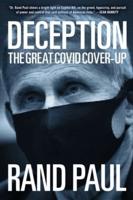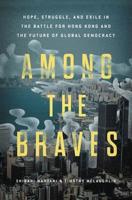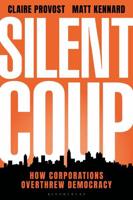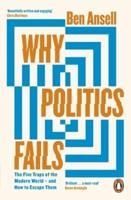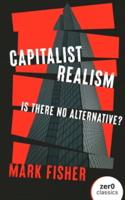Publisher's Synopsis
PreambleIn this book, we will detail the major currents of economic thought, the authors who possess them and their impact on the history of political economy as a science, with a very limited objective, namely: - know the different stages of the science that concerns us, - show the main questions which have polarized the attention of the great builders of this science, which allowed its object to crystallize, its methods to be forged and the theoretical knowledge which constitutes to accumulate.What interests us, then, is the history of science in relation to the history of economic thought in general. In other words, we are interested in the historical process of the birth and development of political economy as a science.This science saw a recognized birth in a slow process that spanned the period from the mid -17th century to the mid-19th century. But, long before this period, and with the rise of the capitalist mode of production, economic thought underwent a transformation which marked the path leading to the birth of this science. The production process is the result of the struggle between man and nature. Man does not experience this struggle individually but collectively, the production process is by definition an action of a social nature, during which relationships are established between members of society. These social relations of production are based on cooperation between members of society and the division of labor between them; division between production units and within each production unit. This division of labor implies interdependence between production units and between members of societies in general. The economic unit is a cell of activity, which depends on other economic units, either to obtain what it needs for production, or for the use of what it produces.This network of social relations of production, within and between production units, oscillates around a central relation which determines the modality of the use of the means of production and defines the forms of cooperation of the division of labor. This central relation also determines, therefore, the role of each individual and each class in the process of production and its share of the product of this process. This central relation is found in the ownership of the means of production that are at the disposal of society and it represents the basis on which the network of social relations of production is established ...


